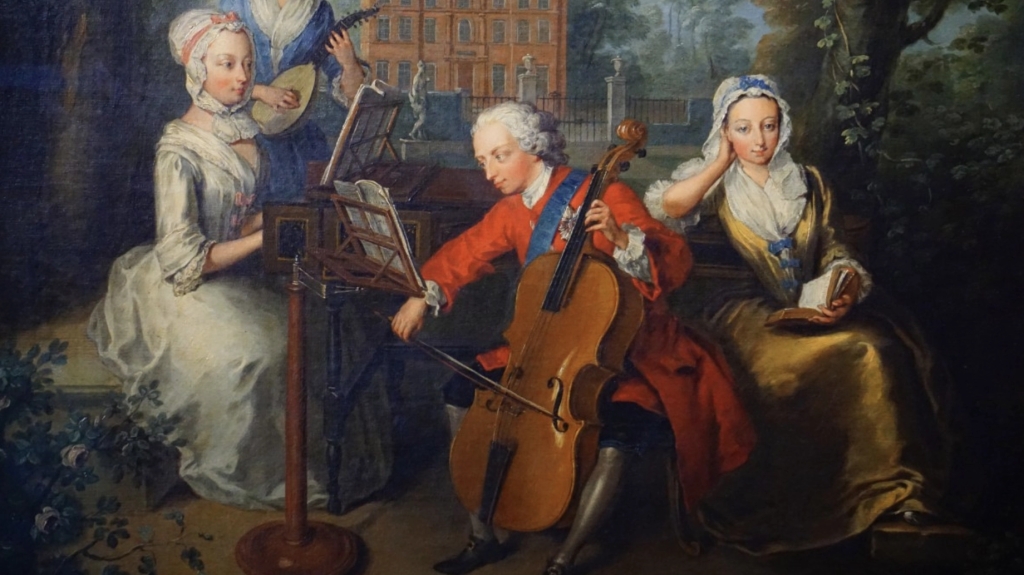In the realm of Classical education, music and art have long played a significant role in shaping students’ minds and character. In ancient Greece, scholars like Plato recognized the power of music in molding the soul and fostering virtues such as courage and temperance. Similarly, art was valued not just for its aesthetic beauty but also for its ability to inspire creativity and critical thinking.
Today, Classical educators continue to incorporate music and art into their curriculum to enrich students’ learning experiences. By studying classical composers like Mozart or exploring masterpieces by artists such as Michelangelo, students can develop an appreciation for beauty, cultivate their imagination, and enhance their emotional intelligence. Moreover, creating opportunities for students to engage with music and art can foster a sense of cultural awareness and empathy towards different perspectives.
Another key aspect of Classical education is the integration of nature studies into the curriculum. The natural world has served as a rich source of inspiration for philosophers and thinkers throughout history. From Aristotle’s observations on biology to Thoreau’s reflections on transcendentalism, connecting with nature allows students to deepen their understanding of the interconnectedness between humans and the environment.
By incorporating outdoor activities like gardening or field trips to botanical gardens, educators can instill in students a sense of wonderment towards the natural world while teaching them valuable lessons about sustainability and environmental stewardship. Furthermore, engaging with nature provides opportunities for hands-on learning experiences that stimulate curiosity and promote physical well-being.
Latin and Greek are foundational languages in Classical education due to their historical significance in Western civilization. While these languages may seem archaic to some modern learners, teaching Latin and Greek in a contemporary context can offer numerous benefits. Not only do these languages provide insights into etymology and enhance linguistic skills, but they also serve as gateways to understanding classical texts in their original form.
Utilizing innovative methods such as language immersion programs or interactive digital resources can make learning Latin and Greek more accessible and engaging for students today. By emphasizing practical applications such as medical terminology or legal terminology derived from Latin roots, educators can demonstrate the relevance of classical languages in various fields of study.
Socratic seminars are another hallmark of Classical education that promotes discussion-based learning through dialogue rather than lectures. Named after the philosopher Socrates who believed in questioning assumptions through reasoned debate, Socratic seminars encourage critical thinking skills among students by challenging them to articulate their ideas coherently.
In these seminars, teachers act as facilitators guiding conversations around complex topics drawn from literature or philosophy. By structuring discussions around open-ended questions that prompt deeper reflection rather than seeking definitive answers, Socratic seminars enable students to hone their analytical abilities while cultivating respectful discourse within a community of learners.
Memorization has been traditionally emphasized in Classical education as a means of internalizing essential knowledge deemed worthy by scholars throughout history. From memorizing multiplication tables to reciting poetry or passages from classical texts, this practice serves not only as a mental exercise but also cultivates discipline
Implementing mnemonic devices or memory techniques can aid students in retaining information effectively while making connections between different concepts across disciplines
Hands-on learning experiences play an integral role in reinforcing theoretical concepts taught within a Classical curriculum
Ancient philosophy forms an essential component
Storytelling has been utilized since antiquity
Educators often explore diverse cultures
Technology plays an evolving role
Logical reasoning skills are highly valued
Diversity is increasingly acknowledged
Physical activity complements intellectual pursuits
Literature offers insights into historical contexts
Ethics guides moral development
Project-based assignments foster creativity
Classical texts continue influencing society

Leave a comment